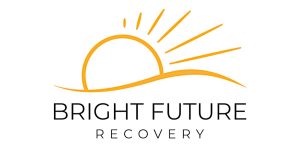Bright Future Recovery does not offer mental health treatment services relating to schizophrenia or other major trauma.
This article provides general information and discussions about substance abuse and mental health related subjects. The information and other content provided in this blog, website or in any linked materials are not intended and should not be considered, or used as a substitute for, medical advice, diagnosis or treatment. This blog does not constitute the practice of any medical, nursing or other professional health care advice, diagnosis or treatment. We cannot diagnose conditions, provide second opinions or make specific treatment recommendations through this blog or website.
If you or any other person has a mental health concern, you should consult with your health care provider or seek other professional medical treatment immediately. Never disregard professional medical advice or delay in seeking it because of something that you have read on this blog, website or in any linked materials.
Dual Diagnosis Treatment
- Cheree Ashley
- Medically Reviewed
Receiving the right help for substance abuse issues can make or break your recovery journey. Sometimes, issues that run even deeper than substance abuse itself need to be addressed in order to promote the type of healing needed to overcome addiction. In these cases, attending a dual diagnosis treatment center can be paramount to an individual’s health and wellness.
What is Dual Diagnosis Treatment?
Dual diagnosis is a form of treatment where clients are simultaneously diagnosed with both a substance abuse disorder (like addiction to drugs or alcohol), and a disorder which affects their mental health (anxiety, depression, bi-polar disorder, etc.). These two conditions often feed off of each other, resulting in more severe addiction issues and negatively affected mental health.
Having a dual diagnosis can make receiving treatment more complicated, as many California drug rehab facilities are not properly equipped to care for clients who have underlying mental health conditions in addition to their substance abuse problems. When clients attend programs that do not appropriately address the issues of a dual diagnosis, they may find they have a more difficult time with recovery and finding lasting sobriety. Finding the right dual diagnosis treatment center can be the key to succeeding in recovery, as clients are able to more effectively manage cravings and avoid potential triggers in outside life that can cause relapses.
Why is Dual Diagnosis Treatment Important?
Dual diagnosis treatment is incredibly important for clients that are experiencing mental health struggles in addition to substance abuse. Dual diagnosis treatment centers are able to help clients by addressing both substance abuse issues and mental health conditions. This greatly increases the chance of clients having success in recovery. Dual diagnosis treatment centers provide therapists as well as physicians in order to address clients physical and mental health concerns. Clients may receive medical intervention for their mental health issues as well as medications designed to help with withdrawal symptoms throughout the detox process.
After detox, clients are provided a support network of healthcare workers and individuals who are going through similar situations to lean on throughout their recovery. Clients meet regularly with therapists who can help with their co-occurring disorders and substance abuse issues. Clients are then taught how to better manage their mental health struggles as well as their substance abuse problems.
The Link Between Mental Health and Substance Abuse
Mental health disorders like depression and anxiety can often worsen instances of substance abuse. Those who deal with depression and other mental health conditions may feel that turning to alcohol or drugs can help them escape the issues they face from their mental health condition. Once a person begins taking illicit substances like alcohol and drugs, a tolerance for the substance forms, meaning more of the substance must be consumed in order to feel the same effects. After building up a tolerance, an individual may become dependent on that substance. Dependency means the brain no longer functions properly without the substance present in the body. From there, substance abuse issues can quickly snowball, increasing symptoms of depression and other mental health disorders, which then make the urge to drink or take drugs even stronger. Clients who have mental health conditions often have more severe cases of addiction because of this relationship between mental health and substance abuse.
Treatment Options for Dual Diagnosis
There are a multitude of options for treatment when it comes to clients who have a dual diagnosis. These types of clients are typically recommended for inpatient or residential treatment. Residential treatment requires clients to live on the rehabilitation center campus while receiving treatment for their substance abuse and mental health issues. Outpatient therapies are typically not recommended for clients with a dual diagnosis due to the complexity of the issues presented in this type of clientele.
Residential Dual Diagnosis Treatment
During residential dual diagnosis treatment, clients live on the treatment center campus and take part in a number of different therapies and other programs in order to better manage their sobriety and mental health issues.
When entering a treatment program, clients take part in a number of physical and mental health screenings, which help healthcare professionals get a better idea of their physical health as well as the status of their co-occurring disorder.
The first aspect of dual diagnosis treatment is detoxification, where clients are able to rid their bodies of the toxins that they contain as a result of drug and alcohol abuse. Detox programs are typically medically assisted, meaning physicians and other health care professionals may elect to provide clients with medications meant to lessen the withdrawal symptoms they may experience.
During and after detox, clients take part in a number of different therapies including both group and individual therapies. Group therapies allow clients to see how others are doing throughout their treatment, as well as find the support of others going through similar situations. Individual therapy allows clients to delve deeper into their mental health struggles one-on-one with a healthcare professional who can prescribe clients with medication to help better manage their mental health issues. There are also a number of other therapies that clients may take part in during residential dual diagnosis treatment, including adventure therapy, music therapy, and other creative therapies meant to help clients address their struggles through a different means than traditional talk therapies.
Clients may also take part in other programs during their treatment, such as Alcoholics or Narcotics Anonymous, which can be continued after their treatment at the dual diagnosis center ends.
How to Find Dual Diagnosis Treatment
Finding the right kind of treatment for dual diagnosis can be a little more tricky than typical substance abuse treatment. Dual diagnosis treatment must address both substance abuse issues as well as mental health conditions, so care must be more specialized. Clients who wish to attend dual diagnosis treatment may need to expand their search to neighboring cities and counties in order to find the best treatment option for them. While having to travel for treatment may not seem ideal, receiving the correct form of dual diagnosis treatment gives clients the best opportunity for successful and lasting sobriety.
Those who wish to attend dual diagnosis treatment may wish to find multiple treatment programs that they are interested in before contacting each facility individually for a consultation. Customer service representatives at each treatment facility will be able to provide clients with a better picture of what their particular treatment would look like, allowing potential clients to make a more informed decision when it comes to their recovery journey.
Paying for Dual Diagnosis Treatment
Determining how to pay for dual diagnosis treatment can seem like an uphill battle. However, there are actually many options when it comes to covering the cost of your dual diagnosis treatment.
Clients who have insurance will often find that their dual diagnosis treatment center stay is covered either partially or fully under their behavioral health insurance coverage. The amount of coverage provided depends on the insurance provider and the specific insurance plan you have. The best way to determine your specific coverage is by contacting your insurance provider directly.
Clients who do not have insurance also have options when it comes to paying for their treatment center stay. Many dual diagnosis treatment centers are willing to provide payment plans in order to make it easier for clients to receive treatment. Another option for clients looking into treatment is to reach out to friends and family in order to cover the cost of treatment. Friends and family are often eager to provide support in the hopes that their loved one will receive the help they need.
Final Thoughts about Dual Diagnosis Treatment
Having a dual diagnosis increases the complexity of the help required for those with substance abuse issues. Dual diagnosis treatment centers provide much needed assistance to those who have both mental health conditions and substance abuse issues, giving them a better chance of recovery and sobriety. Receiving the right help for a dual diagnosis can help clients go on to lead happier and healthier lives with better managed mental health problems, free of drug and alcohol issues.

When it comes to addiction treatment and recovery, Bright Future Recovery’s team delivers beyond expectation.







